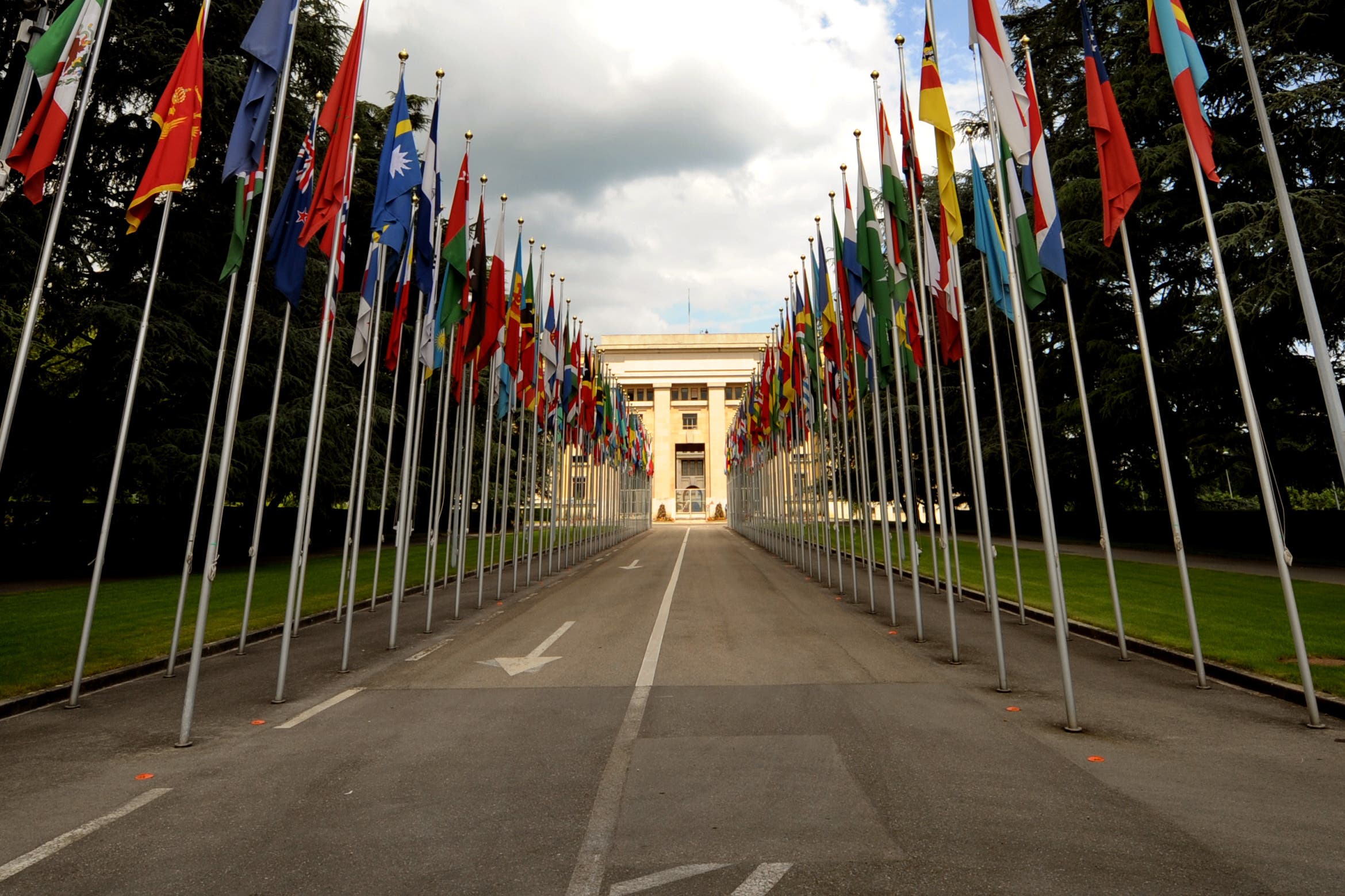UN human rights body calls for repeal or amendment of Troubles legacy laws
The UN Human Rights Committee voiced concern at the provision for conditional immunity for crimes committed during the conflict in Northern Ireland.

A UN human rights body has called on the UK Government to repeal or amend contentious legacy legislation that offers conditional immunity to perpetrators of crimes committed during the Northern Ireland Troubles.
The United Nations Human Rights Committee said it was “particularly concerned” about the controversial legal provision of the Northern Ireland Troubles (Legacy and Reconciliation) Act.
The Act received royal assent last autumn despite widespread opposition from political parties and victims’ organisations in Northern Ireland as well as the Irish government.
It offers a limited form of immunity from prosecution for Troubles-related offences for those who co-operate with a new body aimed at truth recovery.
Last month, a judge at Belfast High Court ruled that the provision for conditional immunity was not compliant with the European Convention on Human Rights (ECHR). The Government is appealing against that finding.
The Irish government has also launched an interstate case against the UK at the European Court of Human Rights over the Act.
In a report on Thursday, the UN committee raised similar concerns about the UK’s Overseas Operations (Service Personnel and Veterans) Act 2021.
That law offers a degree of protection from prosecution for military personnel deployed overseas, once five years have elapsed after any alleged incident has occurred.
The committee is made up of independent experts who monitor compliance with the International Covenant on Civil and Political Rights.
The UK was one of seven state parties examined by the committee in its latest session.
In a statement issued from Geneva on Thursday, it said: “The committee was particularly concerned about the conditional immunity under the Northern Ireland Troubles (Legacy and Reconciliation) Act 2023 for people who had committed serious human rights violations.
“The committee also questioned the presumption against prosecution in favour of military personnel deployed overseas after five years, as stipulated in the Overseas Operations (Service Personnel and Veterans) Act 2021.
“It called upon the State party to repeal or amend its legislation, including the Overseas Operations (Service Personnel and Veterans) Act 2021 and the Northern Ireland Troubles (Legacy and Reconciliation) Act 2023, to ensure all past human rights violations committed by British officials and members of the armed forces are appropriately investigated and prosecuted, and duly sanctioned without time limits.”
Amnesty International welcomed the committee’s findings.
Grainne Teggart, Northern Ireland deputy director for Amnesty, said: “We welcome the strong critical findings from the United Nations committee on the UK’s approach to Troubles-related violations.
“The recommendations show how isolated the UK is on the global stage and is a timely reminder of the international human rights community’s grave concerns about this Act.
“The UN Human Rights Committee is rightly critical of the UK government, which continues to fail to fulfil its human rights obligations.
“We strongly reiterate calls for the Troubles Act to be repealed and to be replaced with mechanisms which finally deliver truth, justice and reparations to victims of the Northern Ireland conflict.”
In response to the committee’s findings, a UK government spokesperson said: “The Legacy Act seeks to put in place effective information recovery for victims and families, while complying with our international obligations.”
Bookmark popover
Removed from bookmarks